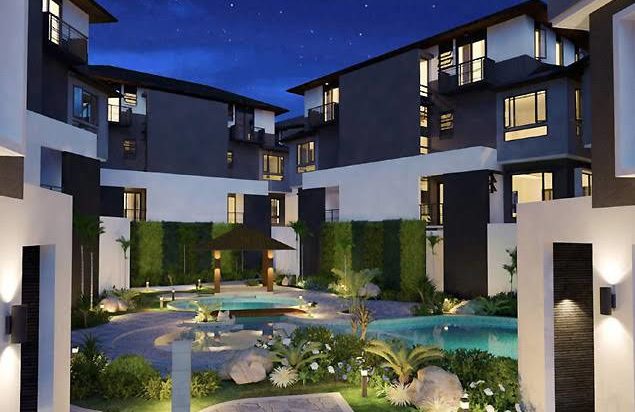Click here for a PDF version of this post
Summary of Voting Results
The results of the recently concluded voting exercise on the 2020 Association Dues are as follows:
In favor of the increase to P 5,100 – 24 votes
Against the increase to P5,100 – 5 votes
Abstain – 3 votes
Result: Given that a majority of Homeowners voted in favor, the proposal to increase the Association Dues to P5,100 is passed.
What are the Association Dues for 2020?
The Association Dues for 2020 is set at PHP 5,100 (monthly) or PHP 58,140 (Annual Payment with 5% discount).
How and when will I pay for my Dues?
You will receive a Statement of Account in January 2020 with instructions on how to pay. If you have already paid in advance using the old dues, a computation/breakdown will also be provided for the difference.
If you also wish your statement to be emailed, please update your records at: http://issayapremier.com/homeowner-contact-details/
Why are the Annual dues increasing?
Annual Dues are rising mainly due to the increase of Security Guard costs. During the Homeowners’ meeting held last November 29, a near majority of Homeowners present voted to increase the number of guards from 2 to 4.
How much are we paying for the Security Guards?
We are paying an average cost per security guard of P25,000 / month for 4 guards (2 guards per shift). This results in a monthly cost of P100,000 per month, and accounts for around two-thirds of the monthly dues.
For reference, the Philippine Association of Detective & Protective Agency Operations (PADPAO) suggests a minimum contract rate of around PHP 40,000 per month for a 12 hour workday, inclusive of minimum wage, Cost of Living Allowance (COLA), Night Differential, Uniform Allowance (under R.A. 5487), Overtime Pay, Retirement Benefits (under R.A. 7641), SSS, Philhealth, Pag-ibig, and Agency Fees.
What if there are unforeseen emergencies or critical improvement projects that require more money?
For non-recurring expenses exceeding the emergency funds on hand, the Board will need to seek Homeowner approval for any special assessment.
How do the new Dues compare to other similarly sized townhouse developments?
Development # Units Monthly Dues
Alvendia (V. Cruz St.) 28 Units ~P 10,000
Issaya Premier 32 Units ~P 5,100
Green Haven 52 Units ~P 3,500 (+600 street parking)
(Source: Informal polling)
Alvendia appears to be the most comparable development in terms of location, density, and amenities. We acknowledge that each townhouse development will have its own unique characteristics, so it is not always easy to make an apples-to-apples comparison.
Can we not get cheaper suppliers?
While the Board will always strive to minimize costs, it also recognizes that the cheapest option is not always the best, and may in fact end up costing more in the long run.
For example, engaging a much cheaper security agency raises questions around whether the agency is paying within the parameters set by law, and also raises questions on the quality of guards (education, experience, licensing, training, etc.), as qualified guards would no doubt demand to be compensated within the legal limit.
In addition, suppliers will be regularly evaluated, and if necessary, changed, to ensure that the Association receives the best value for its money. No supplier shall be contracted for a period exceeding 1 year without Homeowner approval.
For example, the pool and garden maintenance supplier was inherited from the Developer. We are currently studying how best to reduce this cost. Should any Homeowner have suggestions or experience in these matters, we are more than willing to hear their suggestions. You can email suggestions to: officers@issayapremier.com
I do not occupy my property / there are only a few people living in my property, why do I need to pay the same as everyone else?
Similar to Real Property Taxes, which are levied regardless of occupancy, Association Dues are also collected from all Homeowners, regardless of whether or not his/her unit is occupied, and regardless of how many people are living there.
In addition, the Dues are equally divided among 32 townhouses, as the unit sizes across all townhouses are similar, and it is administratively simpler to implement.
Lastly, one or more Units combined to form a larger house shall, for the purposes of Association Dues, be treated as separate Units.
How much of the Dues go to compensating the time and effort of the Board?
The Board is not compensated.

